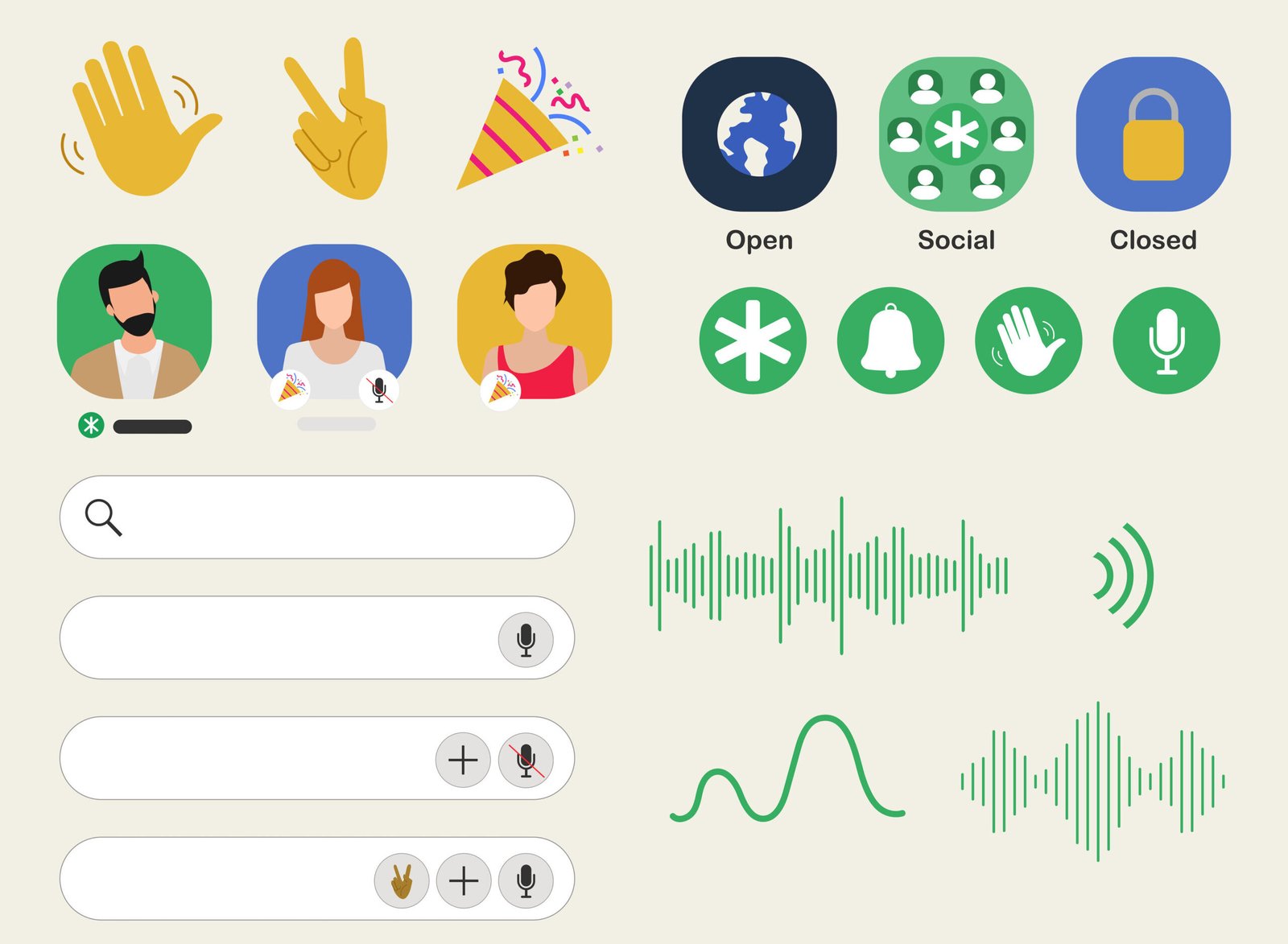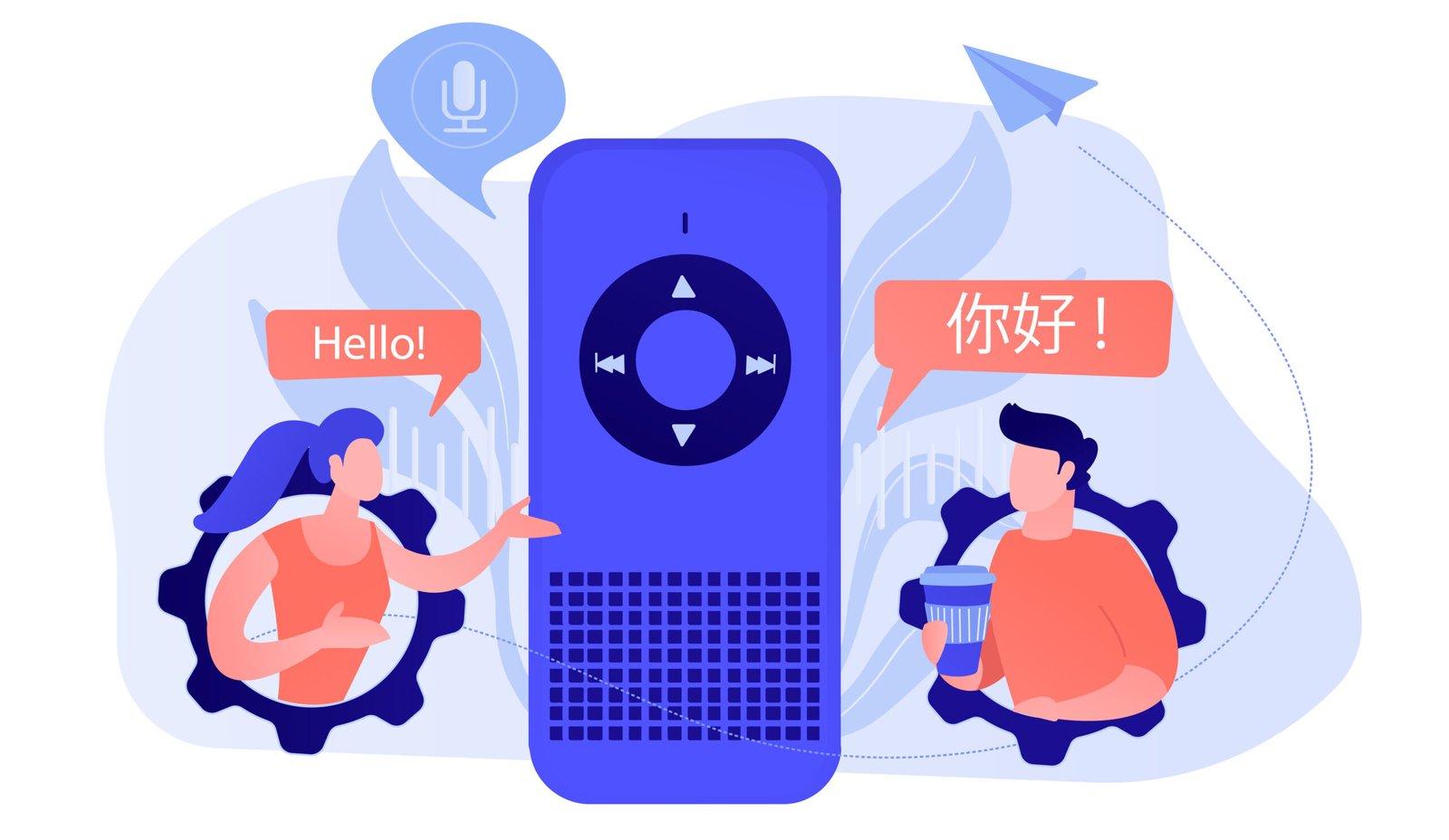The difference between voice and text search is important to understand—voice searches more sound like natural conversations rather of typed keywords. Text searches usually use short phrases like “allergy specialist,” but voice queries sound more natural: “Siri, where can I get tested for gluten intolerance?”
Voice searches have these unique traits:
- Longer and more detailed: Users ask full questions or provide more context
- Question-based: Often starting with “who,” “what,” “where,” “when,” “why,” and “how”
- Location-focused: 22% of spoken queries are location-based searches
- Mobile-centric: One in five voice searches happens on mobile devices
- Faster-loading: Voice search results load 52% faster than average search results
Smart speakers usually give just one answer instead of multiple results. This makes getting to the top three search results vital. Google Assistant’s voice search answers come from these top positions more than 80% of the time.





